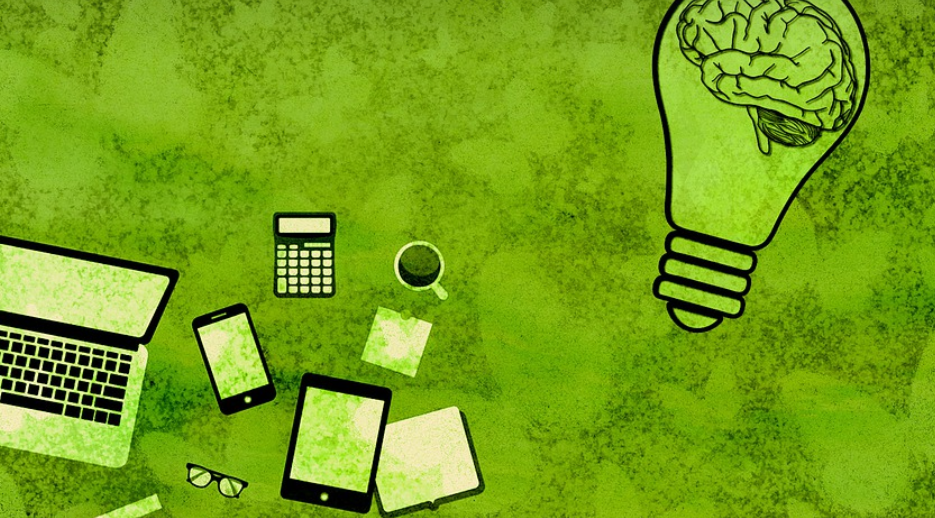Understanding What Can Be Recycled in Killeen
Living in the city of Killeen, Texas, means enjoying the vibrant community and all it has to offer, but also embracing a sustainable approach to everyday life. One crucial element of responsible living is recycling. Understanding what can be recycled in Killeen empowers you to make impactful contributions toward a cleaner environment, saving resources for future generations.
Killeen’s curbside recycling program offers a comprehensive system for sorting and collecting recyclable materials. However, knowing the specific items accepted and their proper handling ensures that your efforts are not in vain. Let’s delve into the details of what can be recycled in Killeen to make the most out of this opportunity.
At the heart of Killeen’s recycling program lies understanding what constitutes recyclable materials. These can be broadly categorized under a few key heads:
Paper and Cardboard
The paper and cardboard category is one of the most readily recyclable items in our households. This often-overlooked segment holds immense potential for reducing waste and saving resources. Here’s what you need to know:
**What can be recycled:**
- Newspapers (including inserts)
- Junk mail
- Magazines
- Paperboard (cereal boxes, shoeboxes, etc.)
- Brown Paper Bags
- Cardboard boxes
**What needs to be considered:**
- **Avoid mixing recycling with other waste.** Ensure each item is placed in the appropriate bin for easy sorting.
- **Remove staples and paperclips.** These can jam up the machinery, impacting efficiency of the entire process.
- **Shred documents before disposal.** This prevents identity theft when recycling mixed paper.
Plastic
Plastic is another commonly recyclable item, but it’s important to remember that not all types are equal. The success of your plastic recycling depends on specific guidelines and practices:
**What can be recycled:**
- **PET bottles (water, soda, etc.):** These are the most easily identifiable type of plastic recyclables.
- **HDPE bottles and jugs (cleaning products, shampoo, milk, etc.):** These commonly found plastic containers can be recycled as well.
- **PVC pipes and tubes (for construction, landscaping):** While these are not commonly recyclable through curbside programs, special drop-off locations or specialized recycling centers may offer options for disposal.
**What needs to be considered:**
- **Always check with your local waste management for specific accepted plastic types and limitations.** Some plastics are not recyclable in all areas.
- **Ensure the container is clean and free of residue before recycling.** Residual food or other substances can contaminate the recycling stream.
Glass
Glass, another essential part of our daily lives, also finds its way into the recycling process. But just like with plastic, there are specific considerations to keep in mind:
**What can be recycled:**
- **Clear glass bottles (water, juice, soda) and jars**
- **Brown glass bottles (food waste containers) and jars
- **Green glass bottles (jars for beverages), food wastes in compostables.
**What needs to be considered:**
- **Clean glasses thoroughly before recycling.** Food residue can stick to the container, impacting its recycling process.
- **Glass should be placed in a separate bin for easy sorting at the curbside pick-up point.**
Metal
Metal is another highly recyclable material that plays a significant role in our daily lives. Recycling metal contributes to the conservation of resources and reduces pollution.
**What can be recycled:**
- **Aluminum cans (from food, beverages, etc.)
- **Steel cans (food, drinks)
- **Tin foil and other tin products.
**What needs to be considered:**
- **Ensure metal is clean of food residue before recycling.** Food residue can impact the efficiency of sorting.
- **Metal should be placed separately from other recyclables in a designated bin for easy collection.
The Importance of Proper Sorting
Properly sorting your recyclable materials is crucial for ensuring its successful processing. Here’s why:
**Why proper sorting matters:**
- **Facilitates efficient sorting at recycling facilities.**
- **Reduces contamination and maximizes the amount of recyclable material recycled.**
- **Minimizes waste, ultimately saving resources for future generations.
Where to Recycle in Killeen
Understanding where to drop off your recyclables in Killeen is vital for a successful recycling experience.
**Contacting your local waste management services:** In order to receive the most accurate information on how to recycle, contact your city’s waste management service directly. They can provide you with detailed instructions and confirm correct disposal procedures.
**Drop-Off Locations: ** Killeen has dedicated recycling centers for various materials, offering convenient options for residents.
Making the Most of Your Recycling Efforts
Recycling isn’t just about tossing cans and bottles into a bin; it’s about understanding your impact on the environment. Here are some additional tips to maximize your efforts:
**Tips for maximizing your recycling:**
- **Reduce, reuse, recycle!** The mantra of responsible living is a powerful guide in our daily routines.
- **Use reusable containers and bags whenever possible.** This minimizes the need to purchase single-use items.
- **Compost food scraps and yard waste.** This reduces landfill waste while enriching your garden soil, contributing a circular approach to life.
**A sustainable future is one we build together!** By embracing these practices and remaining informed about proper recycling techniques, you can contribute to a cleaner environment for future generations.
